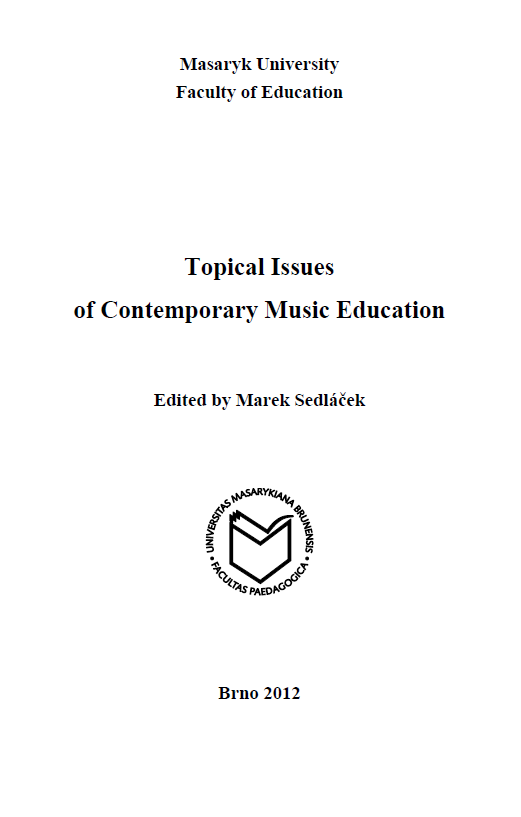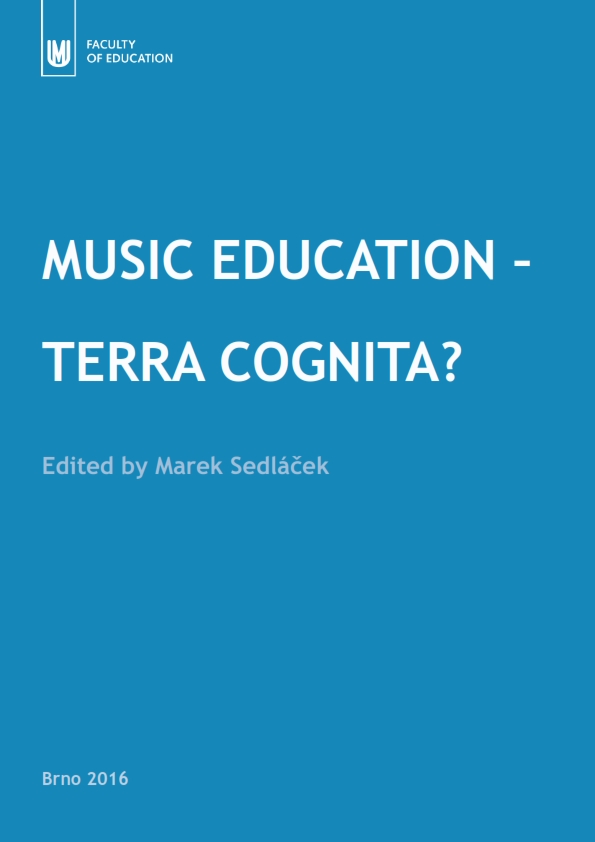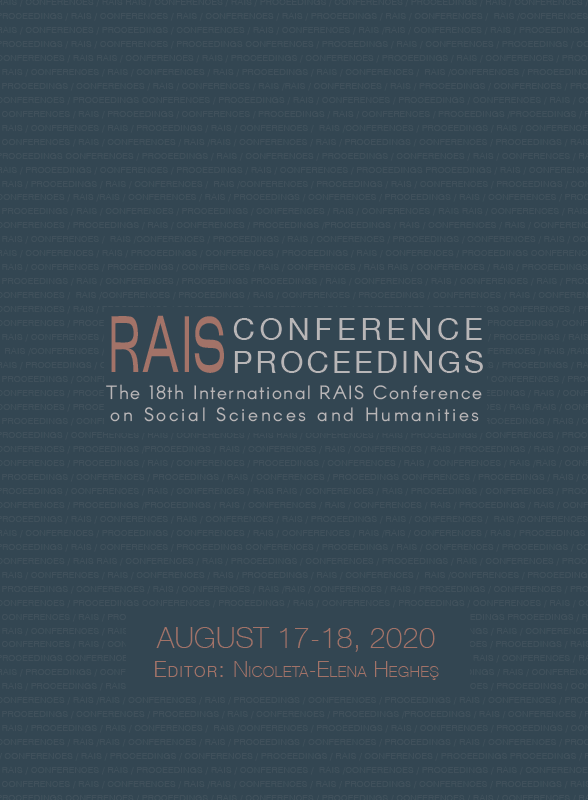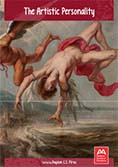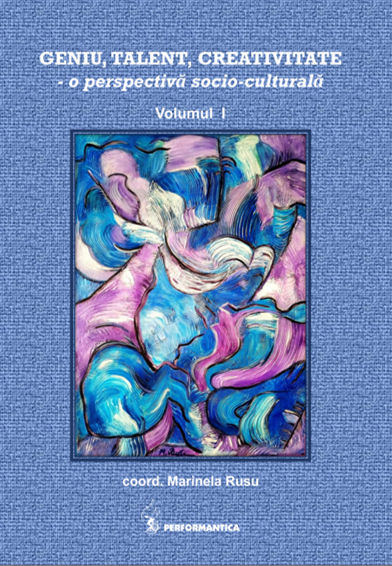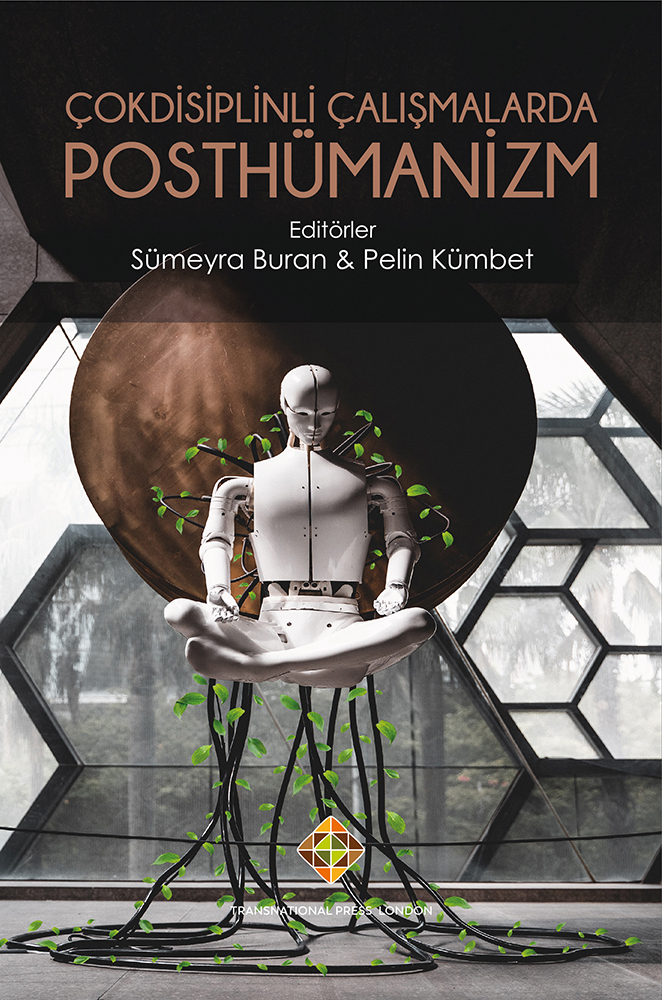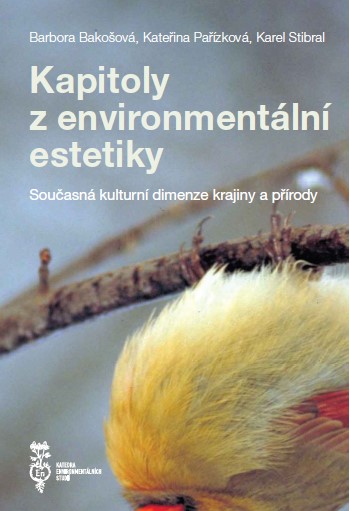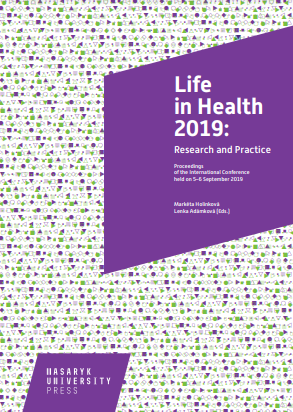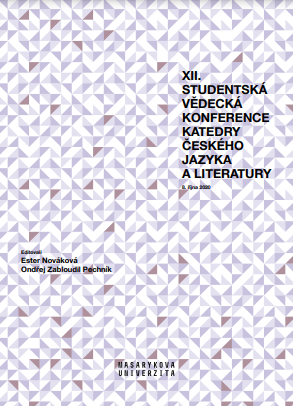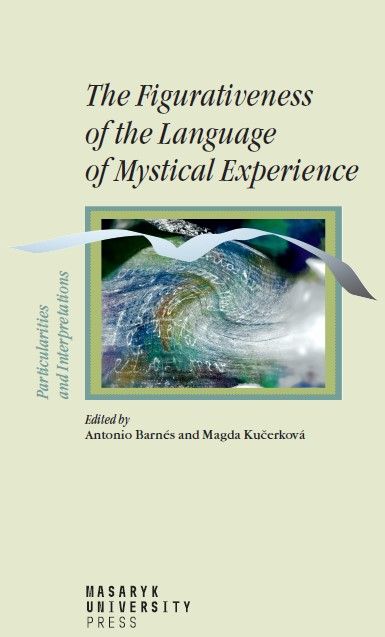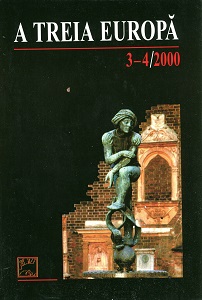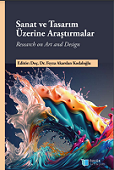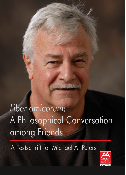
Dancing Wittgenstein (after Foucault)
The publication of Wittgenstein: Philosophy, Postmodernism, Pedagogy (1999) by Michael A. Peters and James D. Marshall was a landmark. I had just started my doctorate (after ten years of teaching secondary school), intent on applying Wittgenstein’s later philosophy to problems in education: as they appeared on the rough ground instead of the crystalline purity of plans drawn up by the Ministry and District School Boards (PI §107). True to form, this book charts the intellectual and cultural legacies on which Wittgenstein drew: Schopenhauer and Nietzsche, and (with Nicholas Burbules in Chapter 9), currents in 20th c. Viennese society that provided background to his style and aesthetic sensibilities. It also mapped the way forward by drawing connections between Wittgenstein’s manner of “writing the self” with Foucault’s neo-Nietzschean concept of arts and techniques of self-stylization. The effect was to transform my project, exploring joint applications of the philosophies of Wittgenstein and Foucault to teacher inspection and professional development: a trajectory that led me to work with James Tully at University of Toronto, who had long been employing these thinkers in political philosophy (Tully, 1989). Ten years later I appreciated what this turn meant for my own development as a writer and activist in education. At a post-lecture dinner Michael confided that in taking up Lyotard and Foucault, the more political philosophers, he “saved himself from becoming a pithy Wittgensteinian” (Toronto 2010). Anyone fatigued by “over rehearsed” expositions of the compelling rule-following argument will know what this means: even those seeing its wider applications in education. Moving into The Government of the Self and Others, Michael and his collaborators essayed/assayed practice-based approaches to philosophical and policy questions in education: whether initiate training into normative rules (Wittgenstein); or, normalizing, disciplinary and dividing practices (Foucault). His work on Nietzsche, Heidegger, Wittgenstein, Lyotard, Rorty, Derrida and Foucault makes Michael (along with other contributors to this volume) not only our resident genealogist but, ironically, one of the founders of post-foundational philosophy of education.
More...
